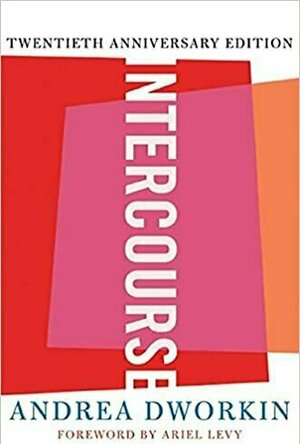
Intercourse
Book
Andrea Dworkin, once called "Feminism's Malcolm X," has been worshipped, reviled, criticized, and...
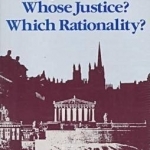
Whose Justice? Which Rationality?
Book
Whose Justice? Which Rationality?, the sequel to After Virtue, is a persuasive argument of there not...
![Primera División - Primera B Nacional - Apertura - Clausura [Argentina]](/uploads/profile_image/216/e74b5c67-c2a5-41b5-93c8-a1cea4bc4216.jpg?m=1522361816)
Primera División - Primera B Nacional - Apertura - Clausura [Argentina]
Sports and Entertainment
App
If you love soccer, this is what you were looking for ! This application allows you to check the...

Motherhood in Patriarchy: Animosity Toward Mothers in Politics and Feminist Theory - Proposals for Change
Book
Motherhood in Patriarchy pioneers the argument that the current Western understanding of motherhood...
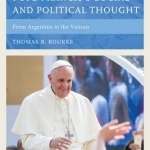
The Roots of Pope Francis's Social and Political Thought: From Argentina to the Vatican
Book
In The Roots of Pope Francis's Social and Political Thought Thomas R. Rourke traces the development...
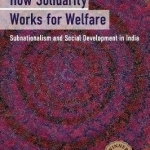
How Solidarity Works for Welfare: Subnationalism and Social Development in India
Book
Why are some places in the world characterized by better social service provision and welfare...
I do not agree with the main argument of this biography: that William Shakespeare was, in fact, only a pen name for Edward de Vere, the Earl of Oxford. No. I do not agree with this claim, like so many other Shakespeare scholars and lovers because the "facts" put forth are just very thinly stretched ideas and concepts that cannot be proven.
This book, instead of pushing me to think about how this fact could even possibly be true, is more about the life of Edward de Vere and how some of the circumstances in his life would be able to loosely connect to the plays Shakespeare had written. In tying in the plays, Anderson thinks he is making a stronger claim for his argument, but is honestly just trying to connect things that are unalike to "prove" what he is thinking. As an English major, I don't really like that way of thinking much.
Most of what he was trying to argue could have been left out and, instead, just have the appendices left in there. In the approximately sixty pages of the four appendices, he stated what over three hundred pages could not. No, I do not agree with the argument he is making, but it seems like it is stronger and more coherent in the appendix.
I want to point out a specific quotation from the Appendix A on page 381 to make a point about this book. It states: The thesis of this book, the "Oxfordian" proposition that Edward de Vere was Shake-speare, is a theory built on circumstantial evidence. There is no single "smoking gun" document that leads one inexorably to the conclusion that de Vere wrote Hamlet, King Lear, the Sonnets, etc." I understand that it is difficult to try to prove a theory that many argue against (myself included), but basing your argument solely on circumstantial evidence is not the way to go. It makes the argument, at least to me, seem less realistic and, in all honesty, difficult to agree with. If you cannot prove someone is guilty solely based on circumstantial evidence, you should not try to prove a complex argument that a famous playwright was not a real person, but, in fact, a pseudonym for another historical figure around the same time.
The "facts" that de Vere's life has similar qualities to the plays written by Shakespeare leading to the thought that de Vere, himself, is Shakespeare is a stretch, and not a convincing one at that.
Overall, I did not enjoy this book and I did not find it convincing at all. It felt more like a history lesson about the background of Edward de Vere rather than any kind of argument towards the idea that he could have been Shakespeare.
In my heart of hearts, I will always believe that William Shakespeare was, in fact, a real man by the name of William Shakespeare, not some made up name for a man who wanted to keep his private life separate from the public.

Shinjuku Triad Society (1995)
Movie
The film is based around the interactions of a triad group with a police officer as well as opposing...
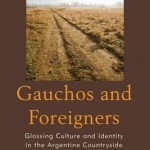
Gauchos and Foreigners: Glossing Culture and Identity in the Argentine Countryside
Book
In Ariana Huberman's manuscript titled Gauchos and Foreigners: Glossing Culture and Identity in the...
